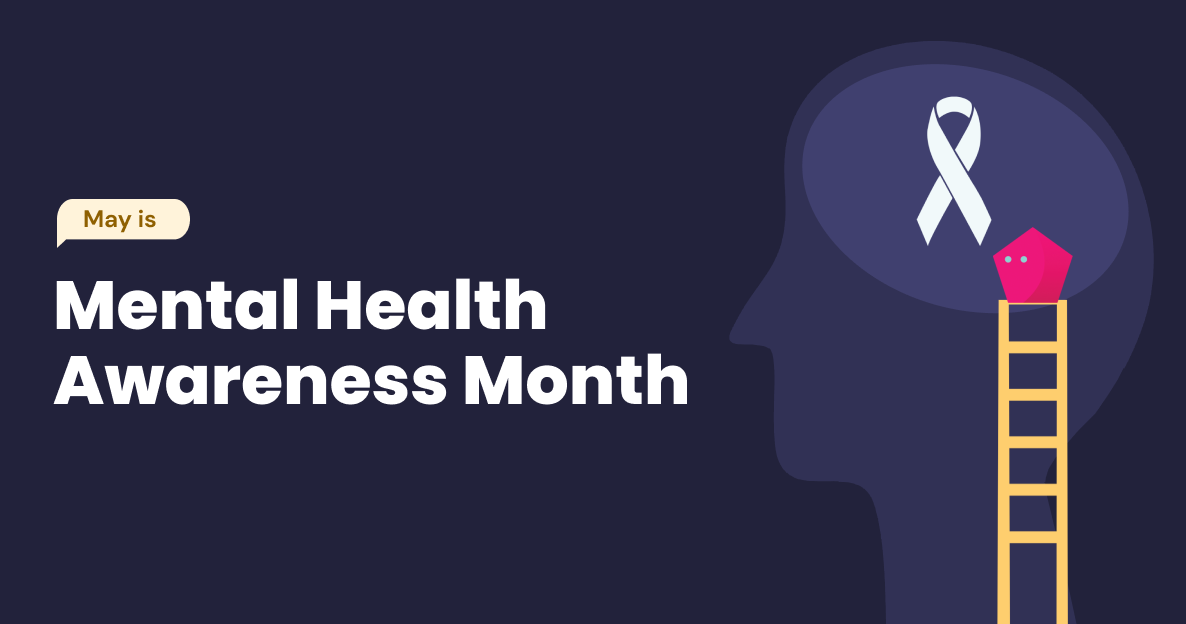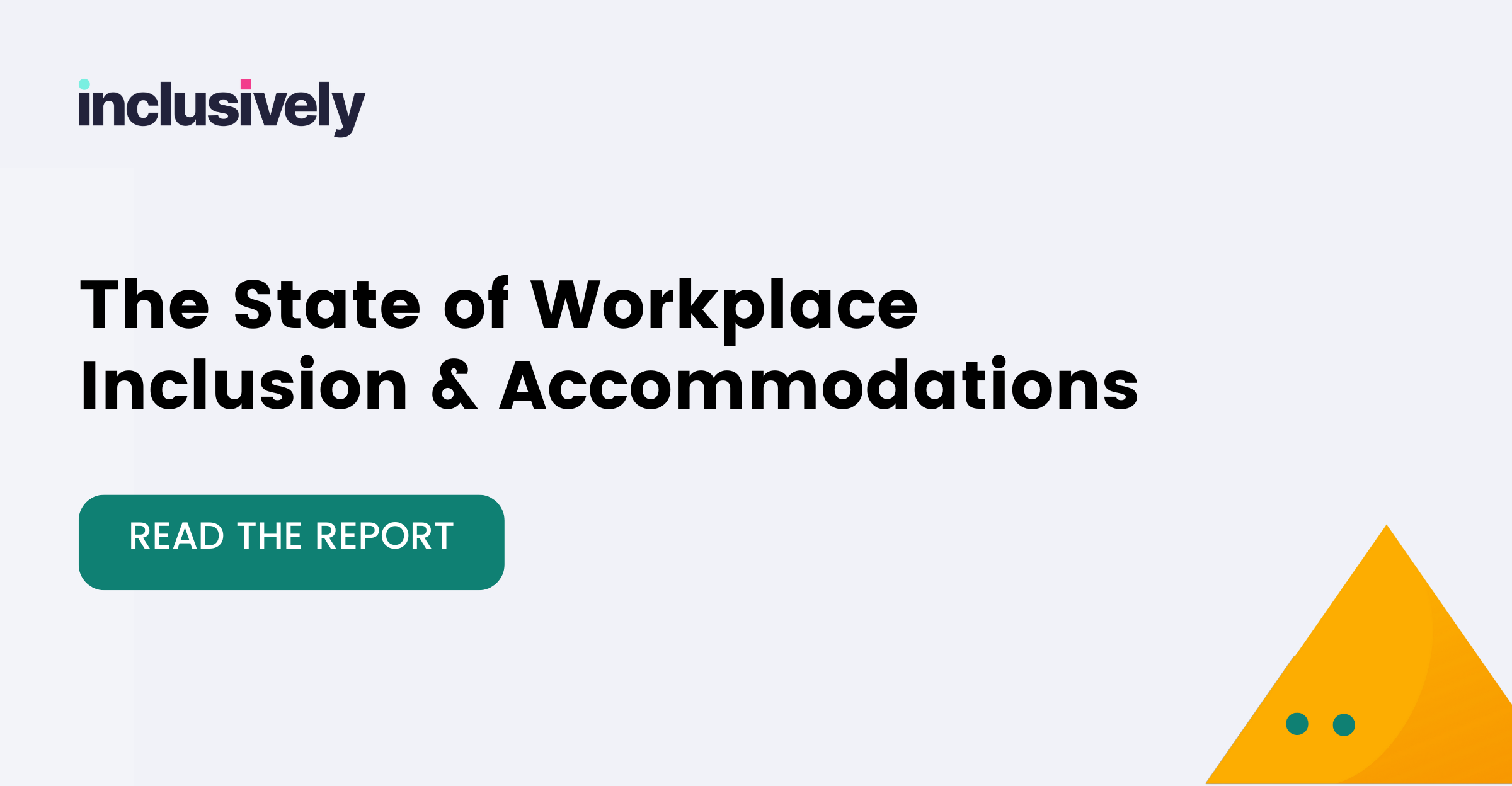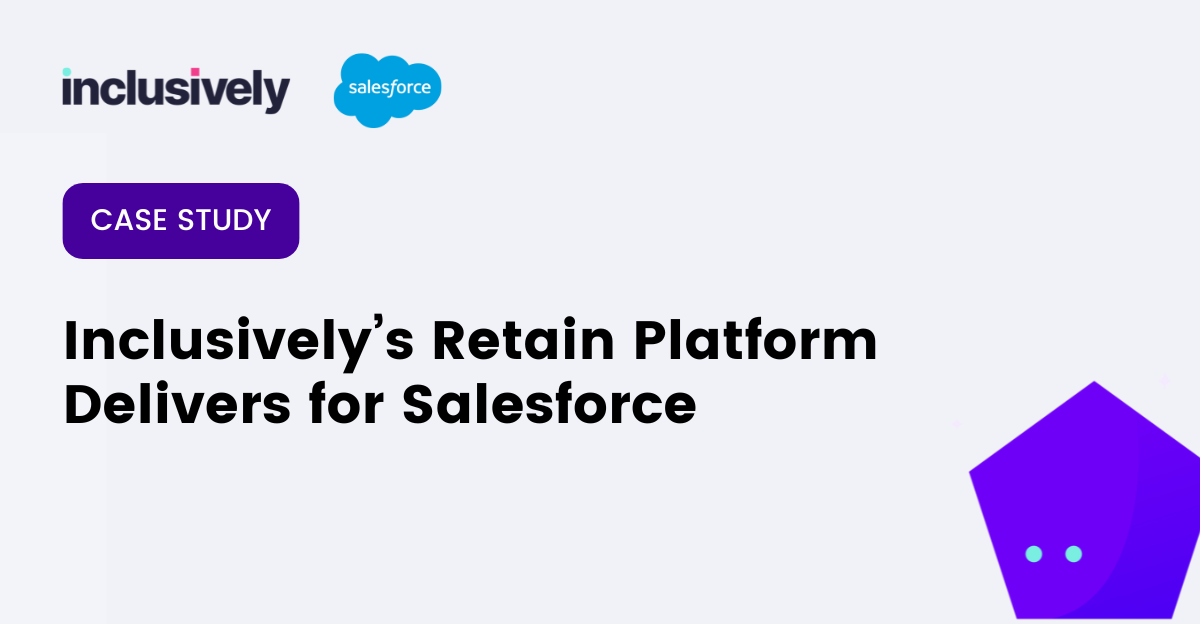During Mental Health Awareness Month, let’s reflect on the enriching conversations from the Inclusively Leadership Board (ILB) meeting on April 3, 2024, in New York City. Attended by over 35 executives committed to enhancing workplace environments and culture, the meeting focused significantly on mental health, offering strategic insights and support for organizations looking to prioritize wellness in their corporate culture.
Advocating for Mental Health through Kindness and Support
A notable moment during the ILB meeting was the keynote address by Cynthia Bissett Germanotta, President and CEO of the Born This Way Foundation, who highlighted the importance of mental health support in attracting and retaining Millennial and Gen Z talent. Germanotta shared, “7 out of 10 [young people] said that I will apply for a job at a company that lists kindness and mental health support as part of their vision.” This statistic not only underscores the value younger workers place on mental health but also spotlights it as an impactful factor for companies aiming to attract future generations.
Germanotta’s insights further revealed that environments supportive of mental health lead to positive benefits such as higher retention rates, reduced absenteeism, and increased creativity. These outcomes underline the strategic advantage of integrating mental health considerations into the core values of a company, particularly during Mental Health Awareness Month.
Empowering Employees with Mental Health Tools
The collaboration between Cotton On Group and Born This Way Foundation demonstrated proactive mental health initiatives in action. The introduction of QR codes on products, linking to mental health training, represents an innovative approach to empower employees and educate them on handling mental health issues. Such initiatives not only enhance employee engagement but also equip staff with the tools necessary to support themselves and others, fostering a more resilient workforce.
Advocating for Proactive Cultural Change
During a panel discussion at the ILB meeting, Elyse Cohen of Rare Beauty and the Rare Impact Fund highlighted the critical need for proactive efforts to foster a supportive mental health culture within organizations. Cohen’s call to action, “How else are you going to transform culture if you don’t even know what to look out for and how to approach a team member if you’re worried about them?” She challenges companies to develop policies and training that enable managers and coworkers to effectively support one another’s mental health.
Megan Delp from the National Alliance on Mental Illness emphasized the importance of creating internal support networks, like employee resource groups, which provide safe spaces for employees to discuss mental health issues openly and without judgment. These groups play a crucial role in de-stigmatizing mental health discussions, making them integral to the corporate support structure, especially highlighted during Mental Health Awareness Month.
The Role of Feedback and Data in Crafting Effective Mental Health Support
The discussions during the Inclusively Leadership Board meeting highlighted the critical role that feedback and data plays in forming and refining workplace mental health strategies. Leaders and experts emphasized how detailed insights into factors like job demands, work environment, and employee feedback on existing mental health resources can significantly inform the development of targeted wellness programs.
By analyzing data on how various elements of the job affect employee mental health, organizations can pinpoint specific areas of need—such as burnout, stress due to overwork, or the impact of physical work environments on mental well-being. This granular approach allows companies to customize their mental health initiatives to address the unique challenges faced by their workforce. For instance, if data shows a high incidence of stress related to job demands, a company might introduce more flexible scheduling options or increase access to mental health days.
Inclusively’s Retain solution helps organizations gather and analyze anonymous employee feedback regarding their mental health needs and workplace experiences. This feedback is crucial for understanding the real-time status of employee well-being and identifying what Success Enablers, modifications, or enhancements are necessary to support their mental health effectively.
The effective use of data, as facilitated by solutions like Inclusively’s Retain, ensures that mental health initiatives are not only aligned with employee needs but are also adaptable and responsive to changing conditions. This strategic approach enhances the overall effectiveness of mental health programs, contributing to a healthier, more engaged, and more productive workforce. By leveraging precise data to drive decisions, organizations can create a supportive environment that genuinely addresses the mental health concerns of their employees, demonstrating a commitment to their well-being.
A Call to Action for Mental Health Advocacy
As Mental Health Awareness Month encourages us to focus on improving mental health support, the ILB meeting serves as a timely reminder of the practical ways that organizations can do to enhance their workplace cultures. By adopting proactive strategies, utilizing innovative tools for mental health education, and fostering open dialogues about mental wellness, companies can significantly improve their employees’ mental health and productivity.
By prioritizing mental health as a key aspect of organizational development, companies can not only enhance individual employee well-being but also drive broader business success in today’s competitive environment.


